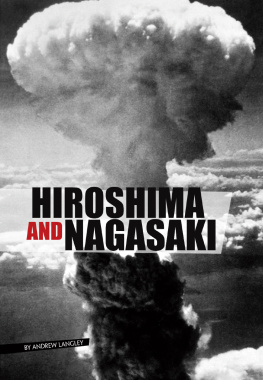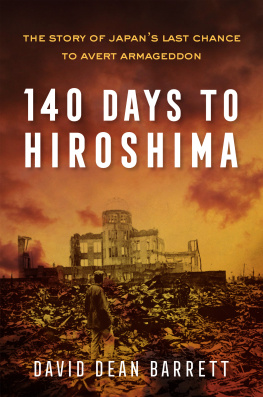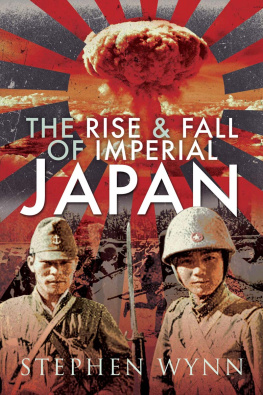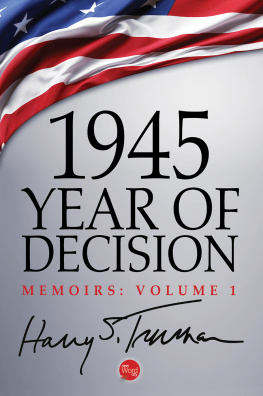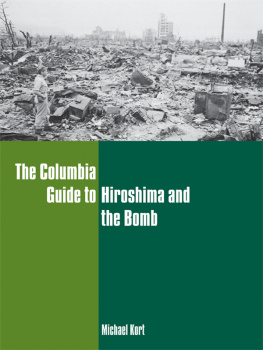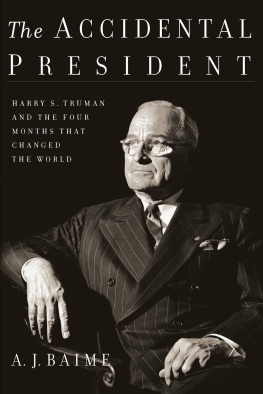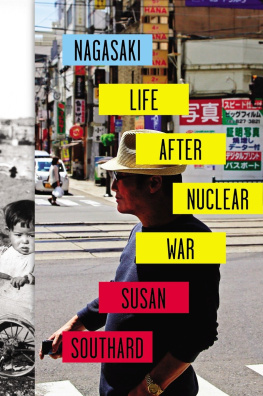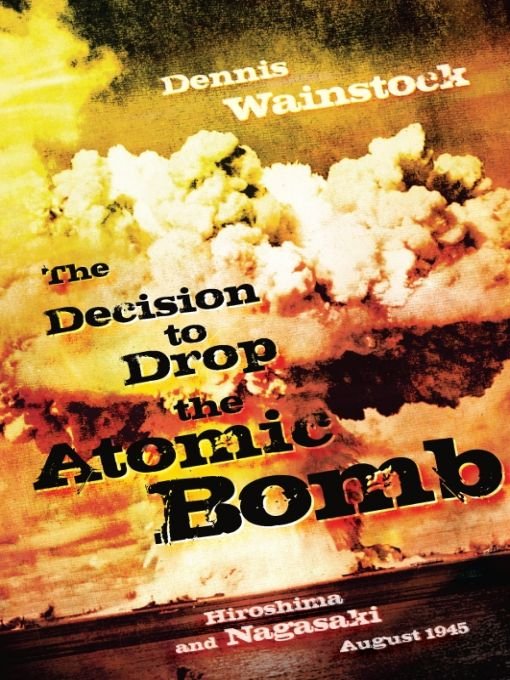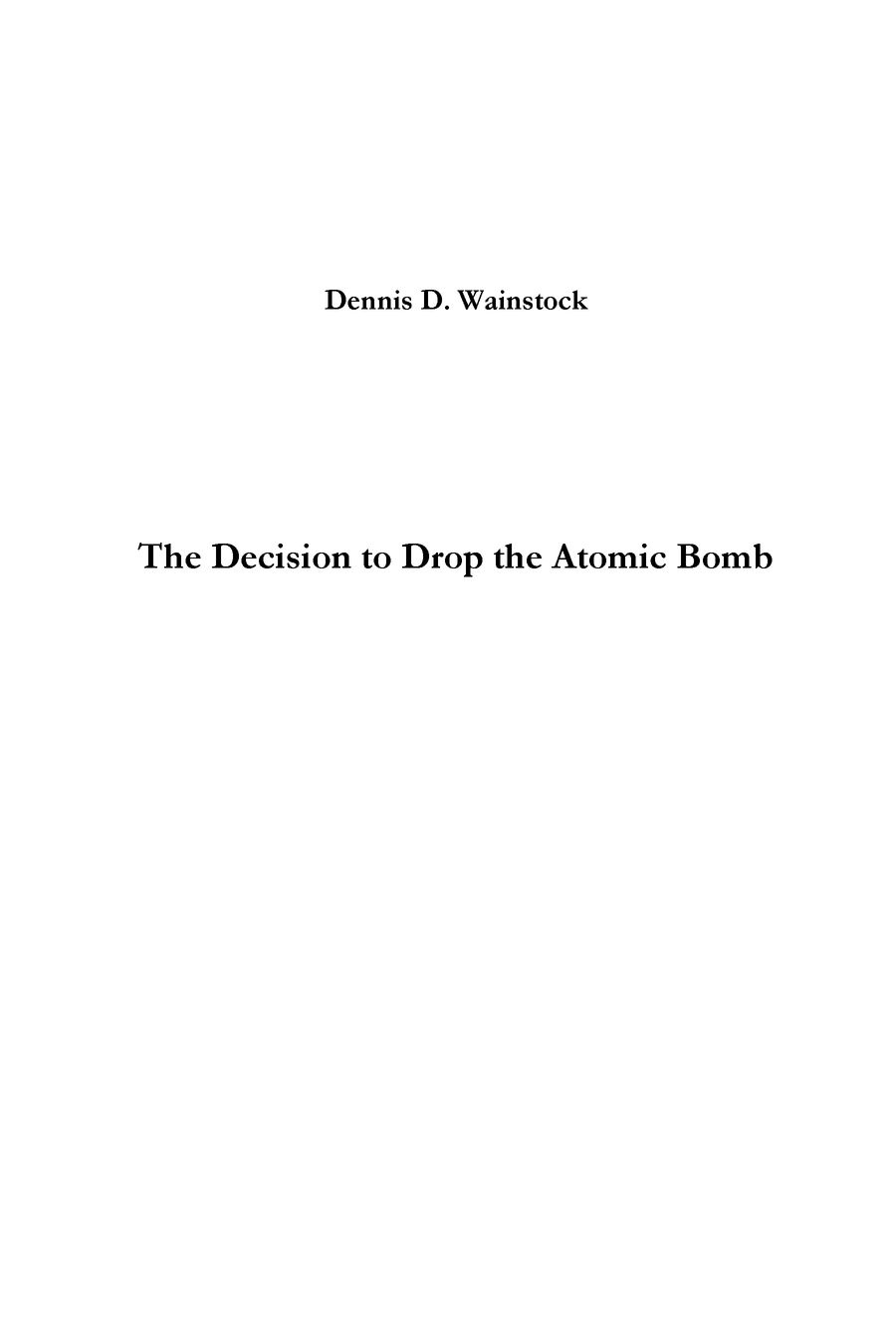Table of Contents
Enigma Books
Also published by Enigma Books
Hitlers Table Talk: 19411944
In Stalins Secret Service
Hitler and Mussolini: The Secret Meetings
The Jews in Fascist Italy: A History
The Man Behind the Rosenbergs
Roosevelt and Hopkins: An Intimate History
Diary 19371943 (Galeazzo Ciano)
Secret Affairs: FDR, Cordell Hull, and Sumner Welles
Hitler and His Generals: Military Conferences 19421945
Stalin and the Jews: The Red Book
The Secret Front: Nazi Political Espionage
Fighting the Nazis: French Intelligence and Counterintelligence
A Death in Washington: Walter G. Krivitsky and the Stalin Terror
The Battle of the Casbah: Terrorism and Counterterrorism in Algeria 19551957
Hitlers Second Book: The Unpublished Sequel to Mein Kampf
At Napoleons Side in Russia: The Classic Eyewitness Account
The Atlantic Wall: Hitlers Defenses for D-Day
Double Lives: Stalin, Willi Mnzenberg and the Seduction of the Intellectuals
France and the Nazi Threat: The Collapse of French Diplomacy 19321939
Mussolini: The Secrets of His Death
Mortal Crimes: Soviet Penetration of the Manhattan Project
Top Nazi: Karl WolffThe Man Between Hitler and Himmler
Empire on the Adriatic: Mussolinis Conquest of Yugoslavia
The Origins of the War of 1914 (3-volume set)
Hitlers Foreign Policy, 19331939The Road to World War II
The Origins of Fascist Ideology 19181925
Max Corvo: OSS Italy 19421945
Hitlers Contract: The Secret History of the Italian Edition of Mein Kampf
Secret Intelligence and the Holocaust
Israel at High Noon
Balkan Inferno: Betrayal, War, and Intervention, 19902005
Calculated Risk: World War II Memoirs of General Mark Clark
The Murder of Maxim Gorky
The Kravchenko Case: One Mans War On Stalin
Operation Neptune
Paris Weekend
Shattered Sky
Hitlers Gift to France
The Mafia and the Allies
The Nazi Party, 1919-1945: A Complete History
Encyclopedia of Cold War Espionage, Spies, and Secret Operations
The Cicero Spy Affair
A Crate of Vodka
NOC
The First Iraq War: Britains Mesopotamian Campaign, 1914-1918
Becoming Winston Churchill
Hitlers Intelligence Chief: Walter Schellenberg
Salazar: A Political Biography
The Italian Brothers
Nazi Palestine
Code Name: Kalistrat
Pax Romana
The De Valera Deception
Lenin and His Comrades
Working with Napoleon
Target Hitler
Truman, MacArthur and the Korean War
To the students at Fairmont State Universitys Gaston Caperton Center in Clarksburg, West Virginia
Preface
This book is a general history of Japans attempts to surrender and the United States decision to drop the atomic bombs on Hiroshima and Nagasaki. It concentrates on the last five months of World War II, April to August 1945. Although the study touches on the military, economic, and cultural aspects of the period, it focuses primarily on the political.
The sheer quantity of material was daunting, but the research was rewarding. It was filled with a rich mix of colorful and outstanding personalities, dramatic action, and momentous decisions that would influence the world to the present day.
The study raised a number of questions. How wise were President Harry S. Truman and Secretary of State James F. Byrnes in not including the retention of Emperor Hirohito in the Potsdam Declaration? Should they have relied more on the advice of State Department experts? Were military reasons the primary motive for President Trumans decision to drop the atomic bombs? Despite evidence to the contrary, why did Japans leaders continue to place their faith in the Soviet Union to mediate an end to the war? Who was right among the American generals in their disputes over whether an invasion of the Japanese home islands was necessary? Why did Truman rely more on the advice of General George C. Marshall and not on Admiral William D. Leahy, the top presidential military adviser? And as important, what role did the Soviet Union play in Trumans decision to drop the atomic bombs?
The authors research owes much to the trail-breaking contributions by scholars who have written monographs and biographies in the field. I am also grateful to Salem-Teikyo University in Salem, West Virginia for providing me the financial opportunity to travel to Tokyo. There were many people who proved helpful to my project, but I am most grateful to my father, Louis Wainstock, a World War II veteran; Professor Wesley Bagby of West Virginia University; Lieutenant Colonel Sugimoto Mikio of the National Institute for Defense Studies in Tokyo; archivist John Taylor of the National Archives in Washington D.C.; and Debbi Dyer and Brenda Eddy of AccuWrite, who cheerfully typed up my numerous manuscripts.
Introduction
Japans Desperate Military Situation, April to July 1945
In 1853 the United States opened up Japan to the modern world when it sent a naval expedition, under diplomatic relations. Japans leaders learned that this was a prelude to being colonized by the Western powers.
They knew that industry, the main determining factor in a nations strength, made the Western nations powerful. Very quickly, the Japanese adopted a policy of industrialization in order to acquire the strength to preserve Japans independence. Japans growing industrial might enabled it to defeat China in 1895 and Russia in 1905, and to occupy Korea in 1910.
But industrialization brought new problems. As Japan industrialized, it began to trade its industrial products for food and raw materials. Since population follows food supply, more food meant more people. If an enemy nation cut off Japans trade or blockaded the island, many of its people would starve, and its rising industries would come to a halt. Japan built a navy to keep its trade lanes open, but it was still insecure. Rival nations could simply stop trading with Japan or conquer areas with which it needed to trade. To prevent this, the Japanese military seized Manchuria, Chinas northern province, in 1931 and in 1937 invaded the heart of China.
Americas major enemy in Asia has always been the strongest industrial power. In 1941 Japan was the strongest Asian power, with the largest industry and thus the greatest capability of any nation in that region to threaten Americas trade and security. When Japan invaded China, it upset the balance of power. The United States learned that if Japan conquered China, it would become an even greater threat. The United States immediately sided with the weaker power China and gave it economic and military aid.
In July 1941 the United States, England, and the Dutch cut off trade with Japan. This was a crippling blow to Japans economy. Most of Japans oil came from these three countries. Before lifting the embargo, the United States demanded that Japan withdraw from China and Vietnam. The Japanese military rejected this as unreasonable and attacked the U.S. naval base at Pearl Harbor in Hawaii. They also overran most of Southeast Asia, including the Dutch East Indies, to secure oil.


